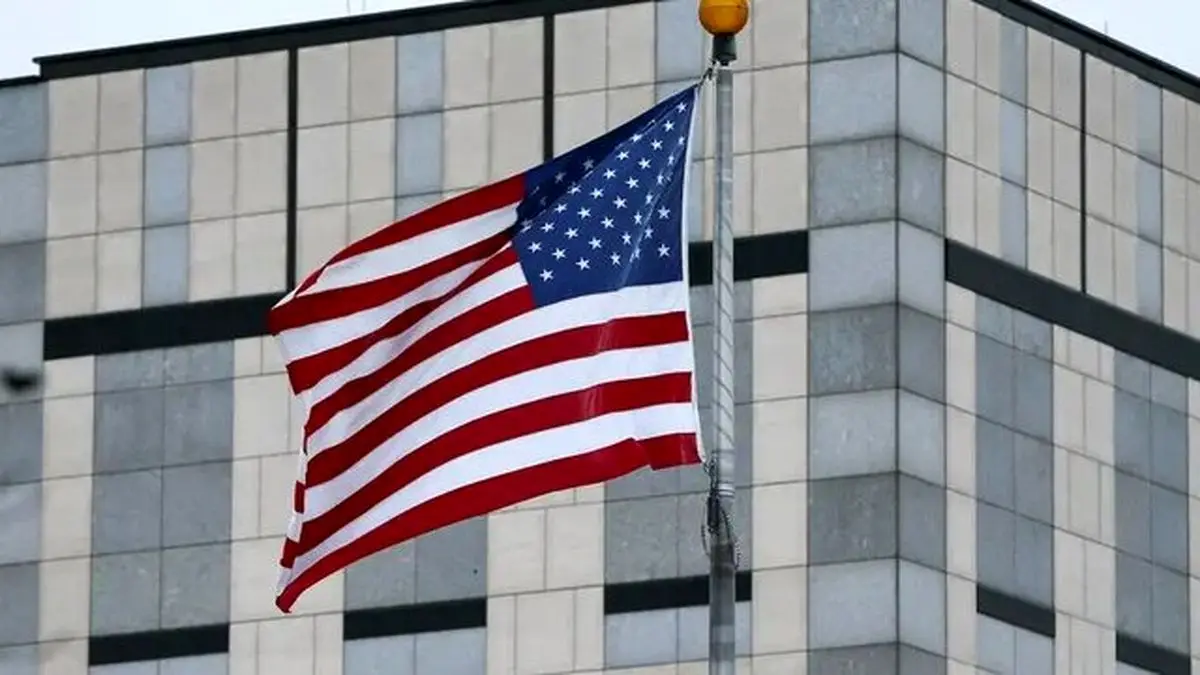SAEDNEWS: U.S. Secretary of State Marco Rubio and European counterparts discussed Iran’s nuclear program, emphasizing prevention of nuclear weapons development, while Europe moves toward activating the controversial snapback mechanism, prompting Tehran to warn of a severe response.

U.S. Secretary of State Marco Rubio held discussions on Wednesday evening with French Foreign Minister Jean-Yves Le Drian, German Foreign Minister Johann Wadephul, and British Foreign Secretary David Lammy regarding Iran.
According to the U.S. State Department website, Deputy Spokesperson Tommy Piggott said that all parties emphasized their commitment to ensuring that Iran never produces or obtains nuclear weapons. Iranian officials have consistently stated that their country is not seeking nuclear weapons.
Rubio’s conversation with the European foreign ministers comes hours after Reuters reported, citing diplomatic sources, that the three European countries participating in the JCPOA may activate the snapback mechanism. Reuters noted that while Tuesday’s Geneva meeting between Iran and the European trio concluded without concrete results, diplomatic engagement is expected to continue in the coming weeks. The three European nations have decided to begin the process of reinstating UN sanctions, possibly starting Thursday.
The legal procedure for reinstating sanctions would take 30 days and would cover Iran’s financial, banking, energy, and defense sectors. A Western diplomat stated, “Real negotiations will begin once the letter is sent to the UN Security Council.”
These developments follow Tuesday’s discussions in Geneva between the Iranian diplomatic team and Germany, France, and the UK regarding the activation of the snapback mechanism. Previously, the European trio outlined conditions for extending the deadline for this mechanism, including resumption of IAEA inspections in Iran, clarification regarding Iran’s massive enriched uranium stockpile, and renewed diplomacy, including with the U.S. Agency monitoring in Iran was a key part of these talks, with the previous session held in July in Istanbul.
Iranian officials emphasize that Europe lacks both legal and ethical grounds to activate this mechanism, due to its failure to meet JCPOA commitments. Iran has stated that its response to reinstated sanctions will be “severe.”
The Tuesday meeting among representatives of Iran, the UK, France, and Germany at the political director level of their foreign ministries, despite discussions on UN Security Council Resolution 2231, did not result in any specific agreement, and parties decided to continue consultations.
According to the Associated Press, citing a diplomatic source, “The talks concluded without a final outcome, but efforts to find a solution will continue before the deadline set by Europe.”
The snapback mechanism, included in UN Security Council Resolution 2231, allows members to reinstate international sanctions if a party is deemed non-compliant. According to the JCPOA text, this mechanism is only valid if all parties adhere to their commitments. Western officials and other JCPOA members note that the three European countries have forfeited their legitimacy to use this mechanism due to non-compliance with economic commitments and tacit support of U.S. actions.

